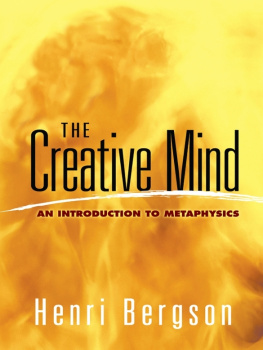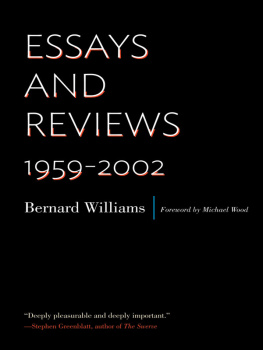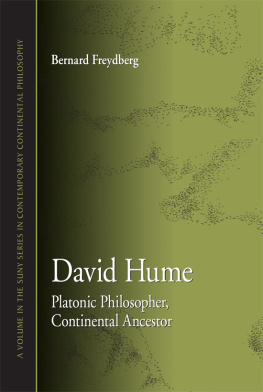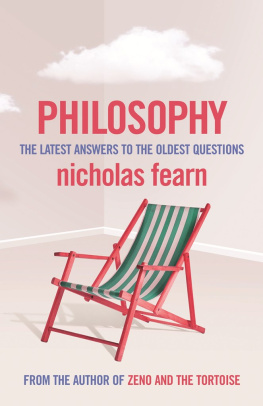THE WILL TO SEE
Also by Bernard-Henri Lvy
The Virus in the Age of Madness
The Empire and the Five Kings:
Americas Abdication and the Fate of the World
The Genius of Judaism
Public Enemies: Dueling Writers Take on Each Other and the World (with Michel Houellebecq)
Left in Dark Times: A Stand against the New Barbarism
American Vertigo: Traveling America in the Footsteps of Tocqueville
War, Evil, and the End of History
Who Killed Daniel Pearl?
Sartre: The Philosopher of the Twentieth Century
Adventures on the Freedom Road:
The French Intellectuals in the 20th Century
The Testament of God
Barbarism with a Human Face
THE WILL TO SEE
Dispatches from a World of Misery and Hope
Bernard-Henri Lvy

originally appeared in French in Paris Match and in English in the Wall Street Journal. English translation by Steven B. Kennedy.
All rights reserved.
This book may not be reproduced, in whole or in part, including illustrations, in any form (beyond that copying permitted by Sections 107 and 108 of the U.S. Copyright Law and except by reviewers for the public press), without written permission from the publishers.
Yale University Press books may be purchased in quantity for educational, business, or promotional use. For information, please e-mail (U.K. office).
Designed by Dustin Kilgore.
Set in Yale New and Alternate Gothic types by Integrated Publishing Solutions.
Library of Congress Control Number: 2021937089
ISBN 978-0-300-26055-7 (hardcover : alk. paper)
A catalogue record for this book is available from the British Library.
This paper meets the requirements of ANSI/NISO Z39.48-1992 (Permanence of Paper).
CONTENTS
INTRODUCTION
Reporting...
The first thought this word always brings to mind is universel reportage and the disdain in which Frances most exacting poet held it.
For I belong to a generation that viewed Stphane Mallarm (18421898)the aristocratic poet who detonated the prose of the coming twentieth centuryas one of its most incandescent masters.
I was twenty years old when the author of Vers et Prose joined the band of theoretical anti-humanists who, with their proclivity for grand thought, their fetish for science and pure criticism, their love of a language already too heavy with mysteries to weigh itself down with those of the world, seemed to reject taking the side of things, the worship of native soil, and, to speak like another poet, Victor Hugo (whom Mallarm called Mr. Verse), the religion of seen things.
And the idea of putting language to a use other than literature, the idea that it might leave the pure, breathless space where nothing takes place but the placea role that Mallarm famously assigned to the Book (the only bomb the poet knew of was the Book)the idea of a literature of reality, wedded to the real and moving modestly to meet itwell, that idea did not sit well with my classmates and me, appearing as an affront to the lofty notions we held of words and their proper uses.
Of course, a text could be like the devices that the early anarchists, forerunners of the far left, had begun to explode, devices that Mallarm felt lit up the world with a pale but persistent glow.
It could be, as it was for the surrealists interpreting Arthur Rimbaud in a manner unfailingly grandiose and exaggerated, the white ray falling from the sky to annihilate the human comedy. Or, as with Paul Valry on his last visit to Mallarm (the pope of the Rue de Rome), it could come at the stroke of noon to match fireworks with silence replete with dizziness and dealing.
But we left to others the triviality of real things, the humble task of observing them, of traveling to the four corners of the earth under the most inhospitable circumstances, and of trapping the concrete and true (the truth of names and faces, not the version that triumphs today in digital illusions and their data tracks). We left to others the challenge of striking out and seizing wars at their most messy, suffering at its most unthinkable, and fleeting details that capture destinies bound for insignificance. In short, the simple, ordinary, and ugly immediacy of seemingly meaningless events seemed to us devoid of interest.
Why is that?
What more reason did I need at the time to turn quickly and decisively to reporting?
In making that personal choice, what possessed me to ignore the counsel of those who believed my purpose in the world was to lead a life of words and thought?
Was it solely out of love for the United States that I ultimately chose Tom Wolfe, Truman Capote, Ernest Hemingway, Martha Gellhorn, and the New Journalism over French theory?
That is a question I have never asked myself.
I want to ask it here and now, on the threshold of this collection of pieces that appeared in French in Paris Match, the fine magazine that is also the consummate mass-circulation, mass-retail magazine of sensational human-interest stories, and in English in the worlds leading business daily (the Wall Street Journal)twin exemplars of Mallarms universal reporting.
At my age, the time has come.
Though I have so far avoided the temptation to memorialize my years, and though I do not believe in acquired wisdom any more than in inexorable aging, it is time, to paraphrase Rimbaud, to recount the history of my follies.
PART ONE
MY CREED
1
THE ARCHAEOLOGY OF A REFLEX
First, theres a reflex.
I just said that I had never squarely posed the question of what led me to devote a big part of my life traveling the globe and bringing back stories.
But the truth is that I dont even pose the question in a practical way, on the run, with each new departure. I can set out for Eritrea, Bosnia, or Afghanistan; I can, as I did in 2020, take off for eight or nine destinations made even more inaccessible by health regulations and the great planetary lockdown, without taking the time to wonder, to weigh the pros and cons, or to ask myself, What is motivating me? What makes me run? What leads me to throw myself once again into this mess or that inferno?
Never any real hesitation.
Never any real fear, nor any special pride in not fearing.
Each time, a decision.
An opportunity and an intuition, followed by a decision.
And, confronted with glimpses, long ago, of the genocide in Bangladesh, of the war in Tigray, or of the siege of Sarajevo; confronted with the scattered news reaching me today about the resurgence of ISIS menacing my friends in Iraqi Kurdistan; confronted with situations about which I either know nothing or have but a vague idea, such as the disaster in Darfur or the mutilated bodies of Christians in Nigeria or the featureless faces of villagers victimized by guerrillas in Burundi and Colombiaan inner compass provokes me to say, No, impossible, intolerable; and what is most intolerabledisgusting, reallyis the fierce indifference of my fellow Westerners.
It feels good to shed light on this reaction of mine.
For indeed, it is this true inner heart whose beating unfailingly sets my mind and body in motion.
Indeed, it is at the beckoning of this inner voice that I make my decisions and act on them.
To those who would ask what an inner voice might mean, I recommend reading Kant.
Or Pascal.
Or George Orwell and Upton Sinclair, whose irrefutable consciences speak to all hearts.
Next page







